Choice Cuts: The Best of Radiohead's Acoustic Magic
All the latest guitar news, interviews, lessons, reviews, deals and more, direct to your inbox!
You are now subscribed
Your newsletter sign-up was successful
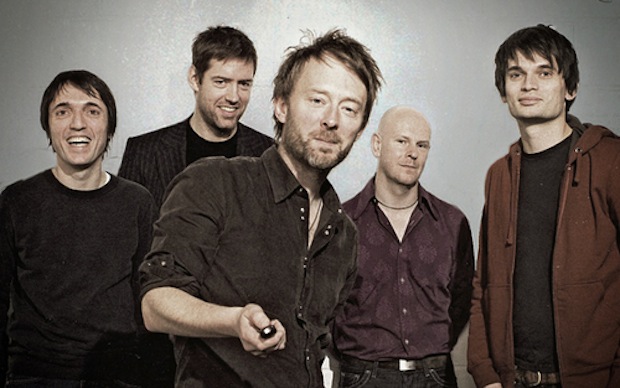
Rock has never been static.
When it stays in the same place for too long, sticking stubbornly to what it may think is what’s best, it becomes stale, rather than solidly in place.
No band has done more in moving rock forwards over the last quarter century than Radiohead.
Starting with The Bends in 1995, Radiohead moved past the realm of simply being a great rock band and into another musical realm of their own.
With every album, Radiohead was able to completely reinvent themselves and their sound, and do so without the slightest hitch.
Their body of work is simply unparalleled in terms of innovation and ideas. They wrote their own book on what rock music should be, and proceeded to dump it and write a new one every few years.
Although they are well known for their seamless incorporation of electronics into rock, what is lost on many traditionalist detractors of the band is just what an incredible guitar band they are.
All the latest guitar news, interviews, lessons, reviews, deals and more, direct to your inbox!
All three of the band’s guitarists, Thom Yorke, Ed O’Brien and Jonny Greenwood, are simply extraordinary players, always thinking out of the box and taking the instrument in directions unexplored by any other musician.
In that same vein, when the band turns the volume down and goes acoustic, magic ensues. Radiohead are a band that have always been able to go in any direction with extraordinary success, something that by no means changes when the quintet is unplugged
“Fake Plastic Trees”- The Bends
Hampered by a poor production job, and a lack of musical direction, Radiohead really struggled on their debut album Pablo Honey.
They seemed to be a wanna-be grunge band without the anger, a band trying desperately, and in vein, to fit into a trend that didn’t have any room for them.
But on The Bends, their sophomore effort, their career began in earnest.
The Bends is the band’s first masterpiece, a true-blooded rock album packed to the brim with unbelievable playing, and an impeccable batch of songs from lead singer Thom Yorke.
Although The Bends’ finest moments are its stunning one-two punch of “Planet Telex” and the title track, the acoustic “Fake Plastic Trees” is just as incredible.
A weary, almost dystopian ballad focused on the mundanity of modern life, it is legendary for making a huge percentage of the band’s live audiences burst into tears when the band performs the song live. And not without good reason, Yorke’s delivery and solemn, resigned strumming are absolutely devastating. And this was only the beginning.
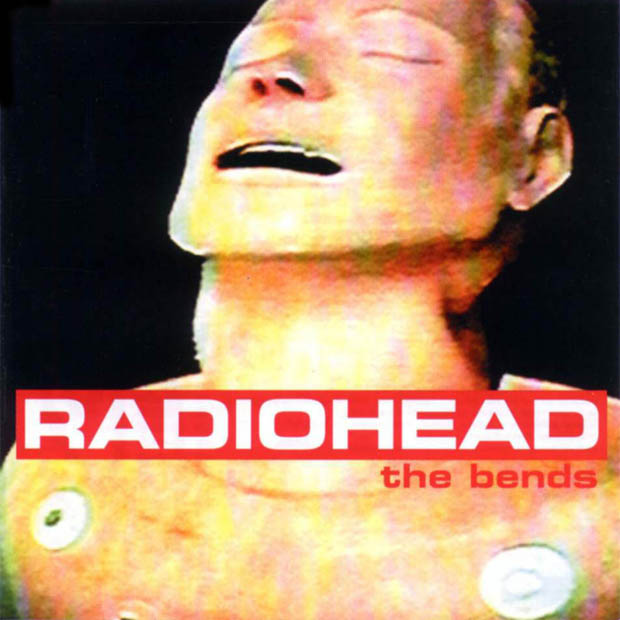
“Exit Music (For A Film)”- OK Computer
While The Bends was undoubtedly a modern masterpiece, it was OK Computer that put Radiohead at the absolute pinnacle of rock music.
In a musical landscape dominated by misogynistic and aggressive rap-rock, music that pointed its finger at some vague, undefined “them,” OK Computer was a beacon of mastery.
Fueled by the uncertainty and anxiety of the modern world’s growing reliance on technology ahead of the end of the millennium, OK Computer was an artistic statement of a magnitude not made by a rock band in decades.
Every single track on it was masterfully written, and every musical detail within it was immaculately placed and executed. Its acoustic highlight is the spare, haunted “Exit Music (For A Film).” Populated at first only by Thom Yorke’s delicate strumming and vocals, it is a resigned anthem of foreboding, a song that is heading restlessly in an unknown direction.
It is a plunge into darkness, an incredible expression of melancholy and weariness.
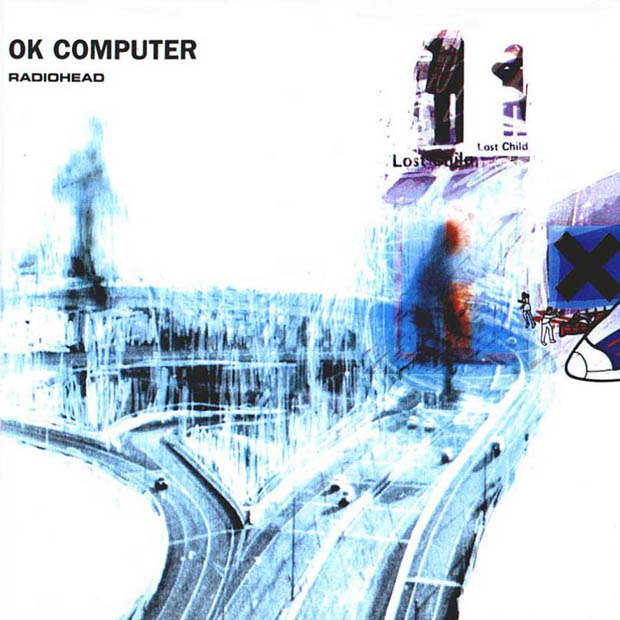
“How to Disappear Completely”- Kid A
OK Computer was the masterpiece rock needed in the late '90s.
To some, it was an album that represented that rock was still a creatively viable medium, and Radiohead were its saviors.
The band, Yorke in particular, hated this label, and grew entirely sick of the confines that playing music in the context of rock had placed on them.
So on Kid A, the band’s fourth album, they not only redefined the concept of rock music for themselves, but for the entire world.
Powered by electronics both direct and distant, Yorke penned his most vague work yet. It’s simply a staggering work, one that took the experimentation, ruminations and futurism of OK Computer and blew it up to unimaginable proportions.
But even an album as far-reaching as Kid A was buoyed by a brilliant acoustic number. “How To Disappear Completely” is one of Kid A’s most subtle moments, an atmospheric song that shows the previously confined and claustrophobic vocals of Thom Yorke stretching themselves out. Yorke creates his own world through his lyrics, as his strumming is accompanied by Colin Greenwood’s supple but steady bass line.
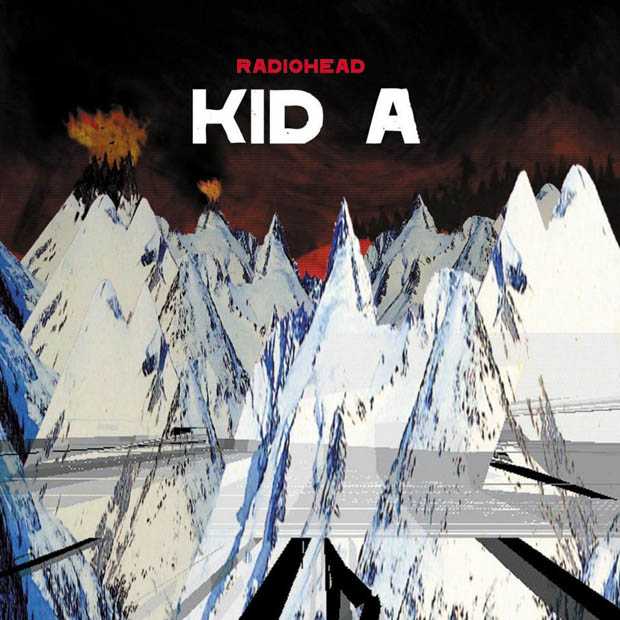
True Love Waits”- I Might Be Wrong: Live Recordings
“True Love Waits” is a song that’s been in and out of Radiohead’s live sets for years now.
Only released officially on the band’s only official live album, this acoustic version is just a beauty.
Yorke grabs the audience by the scruff of their necks; they don’t utter a peep for the entire song.
Though its one of the band’s more obscure tracks, this is one of Yorke’s greatest ballads, a moving masterpiece.
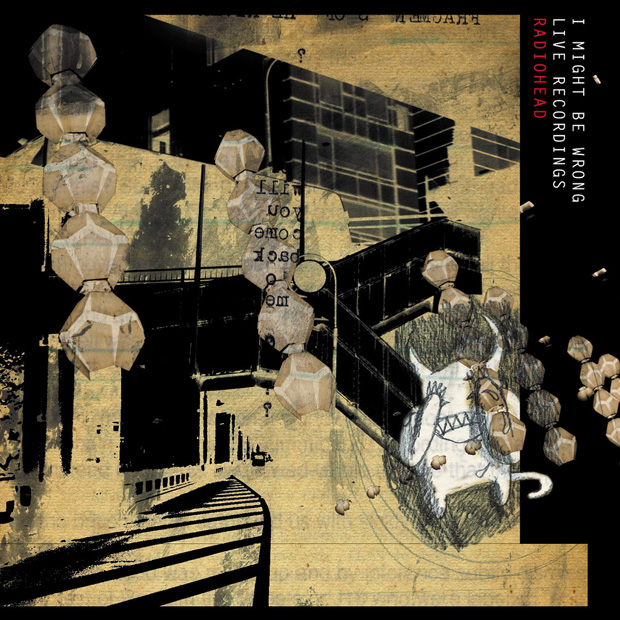
Here's a live version:
“Go To Sleep”- Hail To the Thief
This is more of a straight-out rocker than anything else on this list.
Its famous for one of Jonny Greenwood’s most spine-tingling guitar solos, but that comes at the end.
What begins and drives the song is one of Yorke’s most sinister riffs, played with venom on an acoustic.
Guitar-wise, this is one of Radiohead’s finest moments, and an unforgettable acoustic song.

Gagging Order”- Com Lag
So uh, this is where my geeky side begins to show.
This is quite a bit more obscure than even “True Love Waits,” and can be found either in certain copies of the “Go To Sleep” single, or in the Com Lag compilation.
But why this song doesn’t feature more prominently in the band’s discography is a mystery I’ll never be able to figure out.
Featuring Yorke alone on an acoustic and vocals, this song is simply stunning, and should’ve been treated better than a B-side.
Featuring some of Yorke’s most morose lyrical work, but beautiful singing, this song takes a bit of digging to find. But my goodness is it worth the effort.
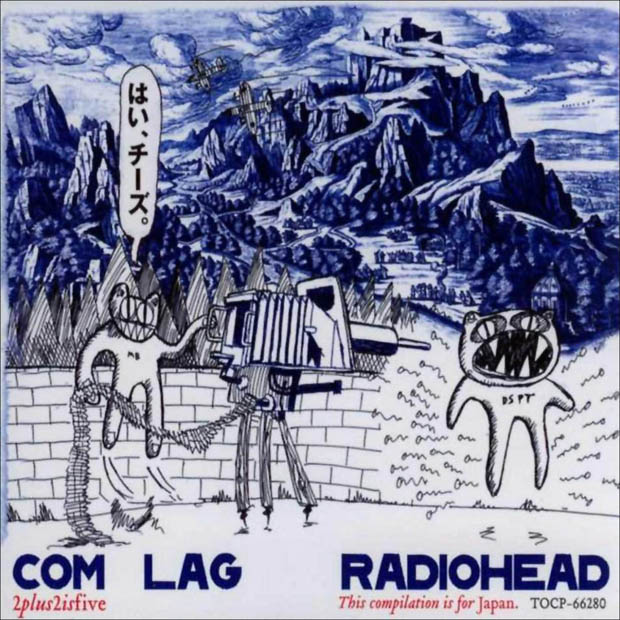
"Faust Arp”- In Rainbows
Featuring only Yorke and Jonny Greenwood’s delicate fingerpicking, and Yorke’s vocals, this song almost starts like a lullaby.
When Yorke begins with “wakey, wakey, rise and shine/its on again/off again,” it certainly sounds sweet enough.
But inevitably it ends up in far stranger territory, with Yorke singing “watch me fall like dominoes in pretty patterns” over the picking and low-key strings. Its In Rainbows’ most unassuming song by far, but one that sticks with you.
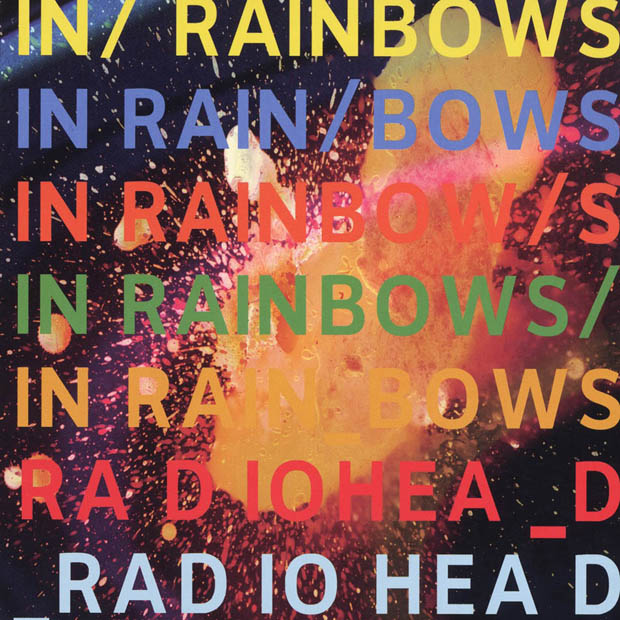
A comical intro and then...
“Give Up the Ghost”- The King of Limbs
This song, coming off the otherwise somewhat underwhelming The King of Limbs, is one of the band’s most recent highlights.
It’s a track that doesn’t sound like much at first. But once you give it a few listens, its full beauty really comes into view.
Using looping almost as another instrument, Yorke adds to this slow, fluid song gradually, turning it into a slow burner.
His voice encircles the song, aided by beautifully understated playing from Greenwood and O’Brien.
Even though they sometimes like to avoid normal guitar rock, something tells me these guys aren’t done creating acoustic beauties, if they can still make stuff like this.
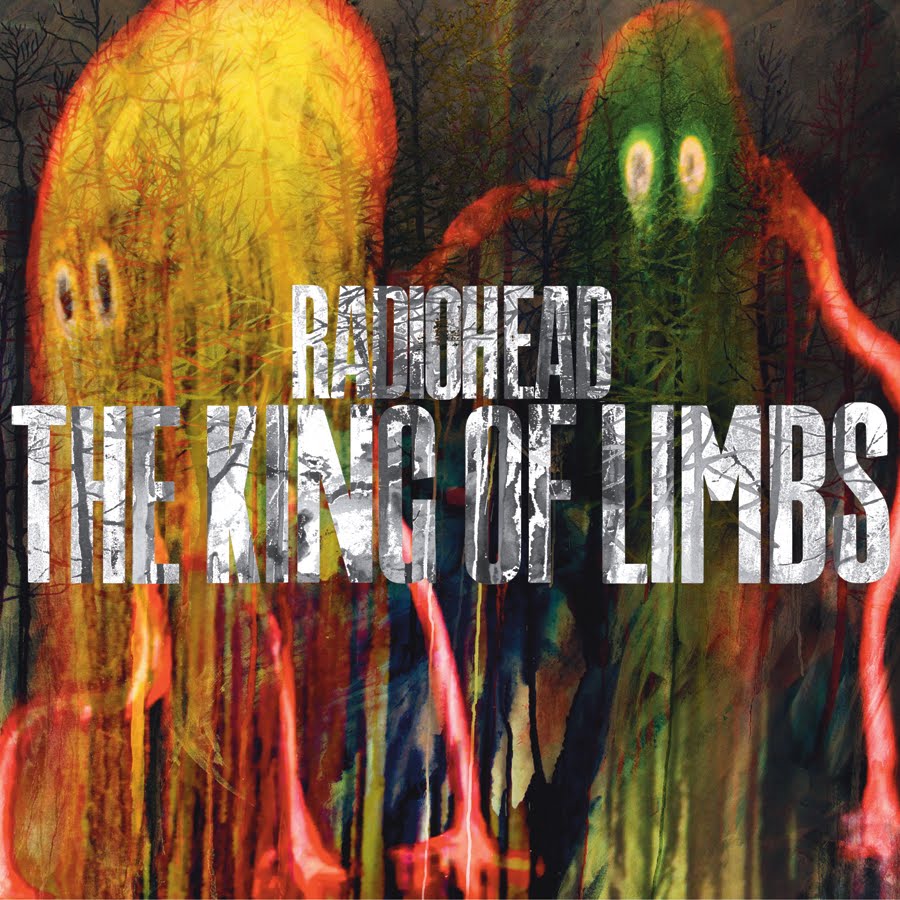
Jackson Maxwell is a freshman at the University of Massachusetts Amherst. He is double majoring in history and journalism. He is an editorial assistant at the Massachusetts Daily Collegian and has his own music blog entitled "Broken Drums." You can follow him here at http://broken--drums.tumblr.com/ or themotorcade.tumblr.com.
Jackson is an Associate Editor at GuitarWorld.com. He’s been writing and editing stories about new gear, technique and guitar-driven music both old and new since 2014, and has also written extensively on the same topics for Guitar Player. Elsewhere, his album reviews and essays have appeared in Louder and Unrecorded. Though open to music of all kinds, his greatest love has always been indie, and everything that falls under its massive umbrella. To that end, you can find him on Twitter crowing about whatever great new guitar band you need to drop everything to hear right now.

